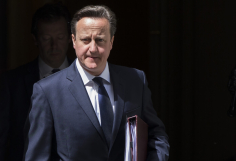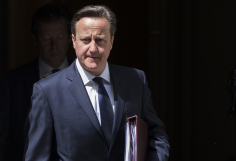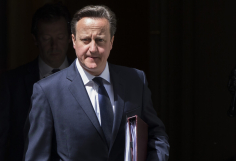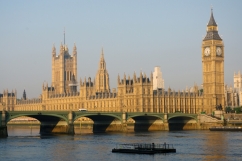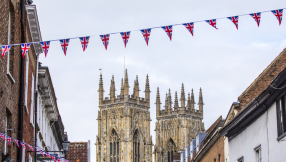Four out of five evangelicals believe their ability to share their faith is being harmed by government policies to tackle extremism. Most also no longer believe that Britain can be said to be a Christian country.
In new research into British "values", the Evangelical Alliance surveyed more than 1,700 evangelicals and found wide concern about "unintended consequences" of the government response to extremism.
More than seven in ten support government plans to define and promote British values and nearly six in ten consider it a reasonable response to extremism. Three-quarters also agreed that freedom of speech needs greater protection.
Many Christians, in particular evangelicals, take seriously the gospel command to go out and make disciples of all nations. Secular campaigners are currently standing alongside Christians in defending the freedom to say things other people might not agree with.
Dr Dave Landrum, director of advocacy for the Evangelical Alliance, said: "Our fundamental freedoms are being threatened by the government over-reacting to security threats to those very freedoms. We may be in danger of destroying the foundations while trying to protect the house we have built on them."
The Christian faith has played a key role in the values that underpin British society and its legal system, but evangelicals fear this legacy is being eroded.

More than nine in ten agreed Christianity had strongly shaped historic British values, but just three in ten felt they still shaped values today. Fewer than one in five agreed that Britain is a Christian country.
Dr Landrum went on to say: "Many people value the legacy that our country is built on, yet it seems that today we're trying to build our social values on nothing but fresh air and good intentions. We value Christianity when it suits us, and we dispense with it when it's inconvenient. But it's the central truths of Christianity that led to the very freedoms we now rely on. If we want to restore values to the heart of British society we need to remember where they came from. If we want to continue to enjoy the fruits of our freedoms, we need to acknowledge the roots."










